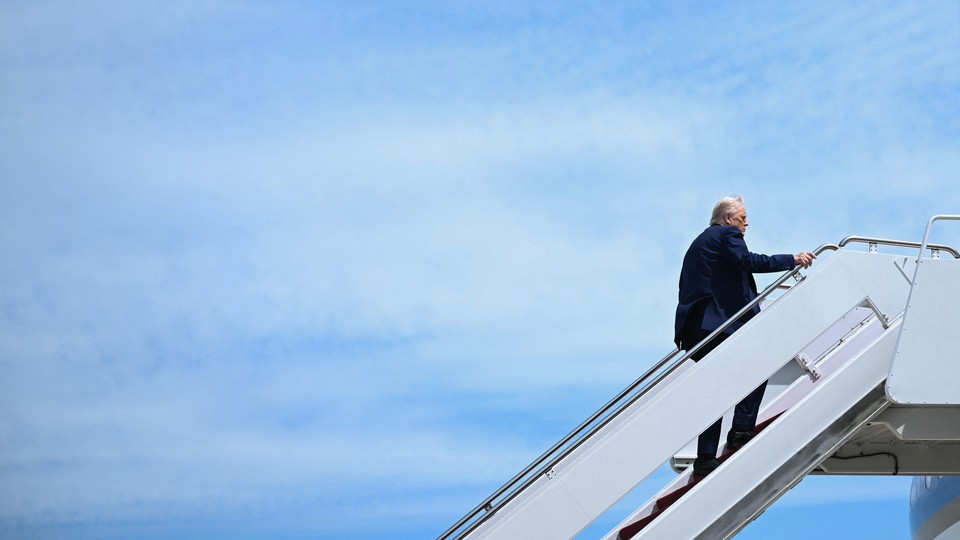Quatar’s Gift to Trump: The $400 Million Plane Controversy Explained

The recent proposal by Quatar to gift President Donald Trump a $400 million luxury Boeing 747 has sparked widespread debate in the United States. From legal intricacies to ethical questions and national security issues, the topic has become one of the most talked-about stories in modern U.S. politics.
The Origins of Quatar’s Gift
Quatar, a key American ally in the Middle East, expressed interest in giving the United States a state-of-the-art jet for presidential use. The aircraft, often described as a "flying palace," is set to temporarily serve as Air Force One and, upon the end of Trump's presidency, would transfer ownership to the Trump Presidential Library Foundation. This arrangement has attracted both intrigue and criticism.
As reported by ABC News, legal experts and government officials scrambled to assess whether it was lawful for such an opulent gift from Quatar to be accepted. They found ways to navigate constitutional limits, but political leaders on both sides of the aisle voiced concerns about the precedent and perception such a gift could create.
Legal and Constitutional Implications
At the heart of the controversy is the U.S. Constitution's Emoluments Clause, which restricts government officials from accepting gifts from foreign states without Congress’s approval. Although Quatar’s gift is structured to pass through the Pentagon before reaching the Trump library, critics insist that this does not erase the potential issues.
The situation highlights the challenges of applying centuries-old laws to modern scenarios. For more insight on historical context and legal hurdles, CNN Politics provides an in-depth look at how past presidents handled similar diplomatic gestures.
Ethical Questions and National Security Risks
Beyond legality, there are significant ethical and security concerns. Accepting a jet from Quatar raises questions about undue foreign influence on the U.S. president. With Quatar being active in major business deals with the Trump Organization, experts warn about potential conflicts of interest and the risk of policy decisions being swayed.
National security professionals point out that retrofitting a foreign aircraft for presidential use introduces risks. Every component would need to be scrutinized for vulnerabilities, including cybersecurity, surveillance, and physical integrity. As discussed in The Atlantic’s analysis, even the most secure modifications cannot completely guarantee the safety of a plane with a foreign past.
Political Fallout and Diverse Reactions
Members of Congress and notable public figures have responded robustly to the situation. Some see America's prestige and independence at risk if the president relies on such substantial gifts from abroad. Skeptics argue that Quatar's generosity could disguise attempts to curry favor with the U.S. leadership.
Supporters of the arrangement point to the benefits of upgrading aging Air Force One jets and the robust checks allegedly built into the agreement. Still, the ongoing debate underscores the complexities of receiving gifts of this magnitude and nature from a strategic ally like Quatar.
Conclusion: What’s Next for the Quatar Jet Offer?
The proposal from Quatar to gift President Trump a $400 million jet blends diplomatic tradition, modern law, and ethical boundaries. As legal experts, lawmakers, and the public continue to debate, the outcome will likely set a precedent for future international gifts and presidential privileges.
For readers interested in more background on the subject, consider exploring additional coverage by ABC News, The Atlantic, and CNN Politics. Stay informed as the story around Quatar’s unprecedented gift to President Trump continues to unfold.